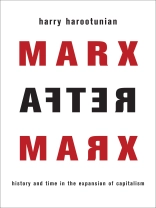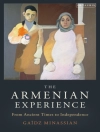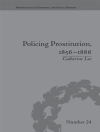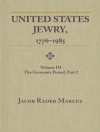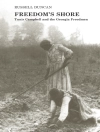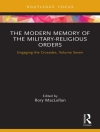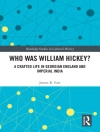In Marx After Marx, Harry Harootunian questions the claims of Western Marxism and its presumption of the final completion of capitalism. If this shift in Marxism reflected the recognition that the expected revolutions were not forthcoming in the years before World War II, its Cold War afterlife helped to both unify the West in its struggle with the Soviet Union and bolster the belief that capitalism remained dominant in the contest over progress.
This book deprovincializes Marx and the West’s cultural turn by returning to the theorist’s earlier explanations of capital’s origins and development, which followed a trajectory beyond Euro-America to Asia, Africa, and Latin America. Marx’s expansive view shows how local circumstances, time, and culture intervened to reshape capital’s system of production in these regions. His outline of a diversified global capitalism was much more robust than was his sketch of the English experience in Capital and helps explain the disparate routes that evolved during the twentieth century. Engaging with the texts of Lenin, Luxemburg, Gramsci, and other pivotal theorists, Harootunian strips contemporary Marxism of its cultural preoccupation by reasserting the deep relevance of history.
Зміст
Acknowledgments
Introduction: Deprovincializing Marx
1. Marx, Time, History
2. Marxism’s Eastward Migration
3. Opening to the Global South
4. Theorizing Late Development and the ‘Persistence of Feudal Remnants’: Wang Yanan, Yamada Moritarō, and Uno Kōzō
5. Colonial/Postcolonial
Afterword: World History and the Everyday
Notes
Index
Про автора
Harry Harootunian spent most of his career teaching history and East Asian studies at the University of Chicago, where he is Max Palevsky Professor of History Emeritus. He is now adjunct senior research scholar at the Weatherhead East Asian Institute, Columbia University, where he teaches a graduate course. He has published on various periods of Japan’s intellectual and cultural history and on questions of Marxism and historical writing. He is also the author of
History’s Disquiet: Modernity, Cultural Practice, and the Question of Everyday Life and
Overcome by Modernity: History, Culture, and Community in Interwar Japan.
